Article: Anna Rácz
Translation: Nóra Fehér
“A musical duel does not use weapons to devastate, but instruments to create”
– a poignant phrase on the Music Encyclopedia blog. Indeed, the genre is so ancient that even 17th-century Italian painter Pietro Antonio Novelli captured a musical contest between Apollo and Marsyas, who competed on different instruments. On 28 September at Müpa Budapest, the duel will take place on the organ, one of the most majestic of instruments, with internationally renowned concert artist and church musician Sietze de Vries, organist of the MG, and his colleague and friend László Fassang, an experimental and open-minded musician and professor at the Liszt Academy of Music in Budapest and the Conservatoire in Paris. The exceptional concerts have become a tradition, and this year’s event will focus on the work of Jan Pieterszoon Sweelinck, also known as the Orpheus of Amsterdam. We interviewed László Fassang, who pioneered the genre of organ duel.
First I would like to ask you what inspired you to start organ duel in the beginning?
During my studies in France, I was immersed in a very strong improvisational tradition, which I wished to strengthen in Hungary. My initial experience was that improvisation alone was not a sufficiently strong invitation. At the first festivals, there was far less interest in improvisation concerts than in those where the audience knew what to expect. Thinking a lot about how to make this genre exciting and attractive with a completely new approach. Thus the idea of reviving the musical duel genre, a tradition that flourished centuries ago. The starting point was the famous story of Bach and Marchand, who had a musical duel at the court of Dresden, but Marchand fled when he overheard Bach playing. This inspired us to invite two of the greatest German and French figures in the genre, Wolfgang Seifen and Thierry Escaich. I remember the first duel was directed by Csaba Káel. It was his idea that the organ should be placed in the middle, with the two duelists on opposite sides. We managed to come up with a form that was a great success at Müpa Budapest.

Sietze de Vries. (c) Kriszta Falus
The aim of the duel is now to inspire each other rather than to rival. Do I think correctly?
It’s a matter of perspective, you could talk about rivalry, it depends on who is competing. But at this level, obviously, at the most, you can say that one player is closer to one person or another, he resonates with him more. Who is better cannot and should not be objectively decided? The presenters have an important role to play in addressing and engaging the audience. At the first duel with Batta, we were both presenters, so I could talk to him as a professional commentator about what was said. The format developed then is still alive and well, and has become a Müpa Budapest brand. Some duels also focus on a particular theme: there has been an organ duel to commemorate Liszt’s anniversary, and this time Jan Pieterszoon Sweelinck is the focus of the evening, and we are commemorating him.
What else do we know about him, apart from the fact that he is the creator of the organ tradition in the Low Countries?
He worked at a time when the Reformation had reached the towns of the Low Countries and even the most religious congregations were banishing the organ from services. Sweelinck was fortunate in that the city continued to employ him as a municipal organist, which allowed him to create the ancient form of the organ concert, where he very often improvised variations on well-known themes and melodies. His reputation for talent and virtuosity spread, and he was often referred to as the Orpheus of Amsterdam. Many people listened to his playing, even from far away. Sweelinck wrote down his pieces, so what he performed in improvisation was documented for posterity. This not only allowed him to show his virtuosic improvisation, but also to learn from it, and his students could take a different kind of impulse from his style.
Your musical partner for the evening will be Sietze de Vries. Have you been in contact with him for a long time?
We have known each other for at least fifteen years. I visited him once in the Netherlands. In a very unique way, he lives with his family in an empty church he bought. The congregation and office space have been converted into an apartment, and the church part is his instrument room, where he has several organs and other keyboard instruments. He is a fantastic musician with an unrivaled knowledge of Baroque and Renaissance keyboard genres, and I have great admiration and respect for all that he can do.

László Fassang. (c) Kriszta Falus
How widespread do you think is the genre of organ duel in his country, the Netherlands?
Not that I know of, but it is certain that the Müpa duels have already spread throughout Europe. Those organists who have taken part in such events have started to take the idea further, and there have been several in Germany, Austria, France and Italy. And of course the scenario is a bit different everywhere compared to Müpa, each culture adds something of its own. This will be my fourth concert of this kind in a year. In the spring I was at a festival in Bergamo with a fellow Slovak organist from Switzerland, in August I was in Basel, and last week I duetted with a former classmate from Paris at the Bach Festival in Köthen.
What is the experience of this kind of concert like for you and how do you prepare for it differently from a “traditional” concert?
It’s the kind of concert that I prepare for every moment that I spend making music, but you can’t really anticipate it. Five or ten years ago I was more aware of the competitive nature of the whole genre and tried to avoid being embarrassed, but now I’m much more relaxed about it. The most important thing for me is to convey to the audience, honestly and openly, the voices that want to be heard. I see the context and the duel nature more as a game.
Can improvisation be taught?
I think it can be learned at the level at which any language can be learned. You can learn the forms in which you can express yourself, and then what you say is a very specific thing. I believe that every musician improvises on some level even if they don’t know it. Even well-rehearsed pieces cannot be played in the same way, one after the other. There are a lot of parameters in the timing, in the dynamics, which are created on the spot. If we start to extend these parameters to pitch, rhythm or even form, we are getting closer and closer to what we classically call improvisation.
Two presenters will give you an insight into the background of the era in these great concerts.
Yes, this is necessary because Sweelinck’s name is familiar only to a narrow professional circle. The concert will give us a closer look at his life and work, and the improvisation genre he represented will be evoked in music. The evening will be hosted by GF and the professional commentator will be Péter Dobszay. Their role will be to provide the audience with a clear, exciting and even humorous presentation of the musical tasks, and to analyse and evaluate the performances. They will also be responsible for preparing the musical exercises for us. We will only agree on the framework beforehand, but we will only find out what the specific themes and tasks will be during the concert.
Are there any surprises to tell you about the evening?
In addition to the grand organ, the concert will also feature a harpsichord and a portable small organ. This is necessary to recreate the sound of the Sweelinck period. At the time, keyboard instruments were tuned according to a different system, and the thousands of pipes in the Müpa organ cannot be retuned for this one concert.
Why would you buy a ticket for this concert?
Because I would like to sit among people who can make me feel the way they listen to the music. It’s a different kind of listening when the music is born right there in front of your ears and you know it could only happen there and then. That kind of concentration of attention is something I don’t experience at other concerts, and it can form a very vibrant community of the audience, and therefore it’s great to be part of that.
Article: Anna Rácz
Translation: Nóra Fehér

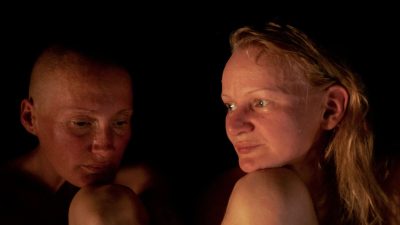
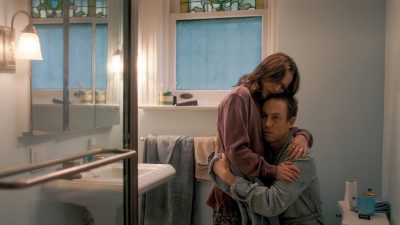
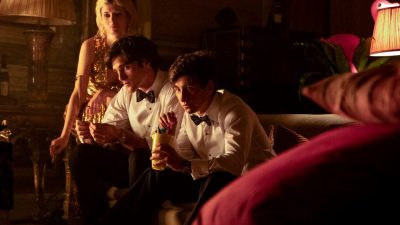
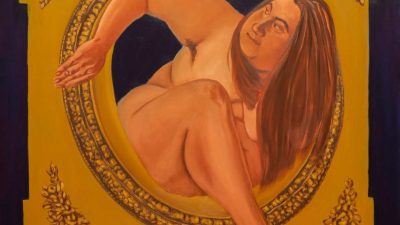
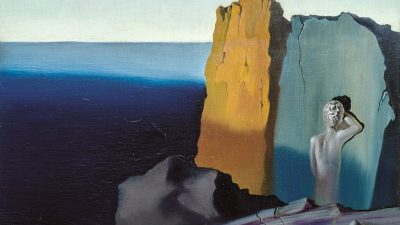
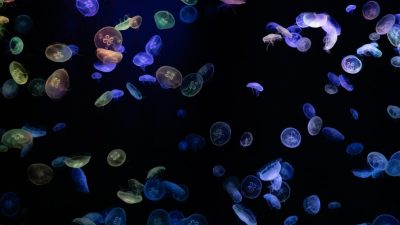


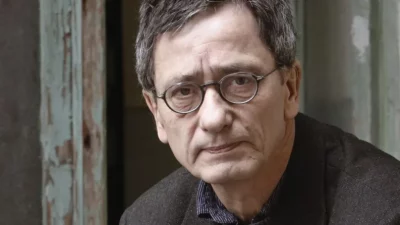



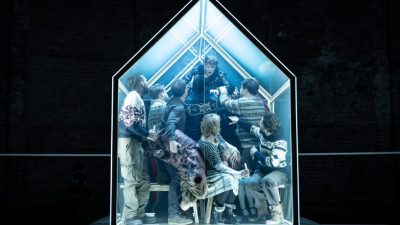
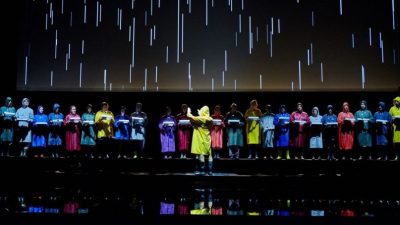


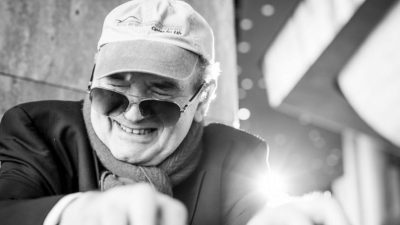


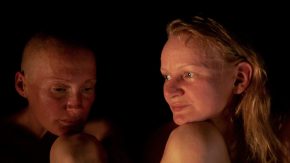
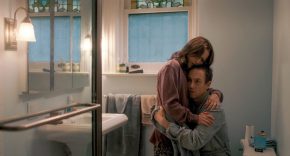
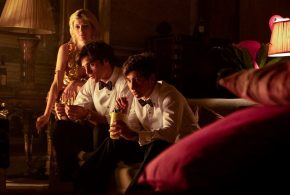
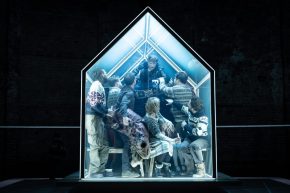

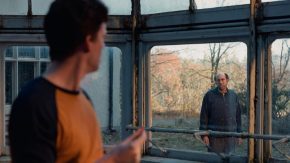
Comments